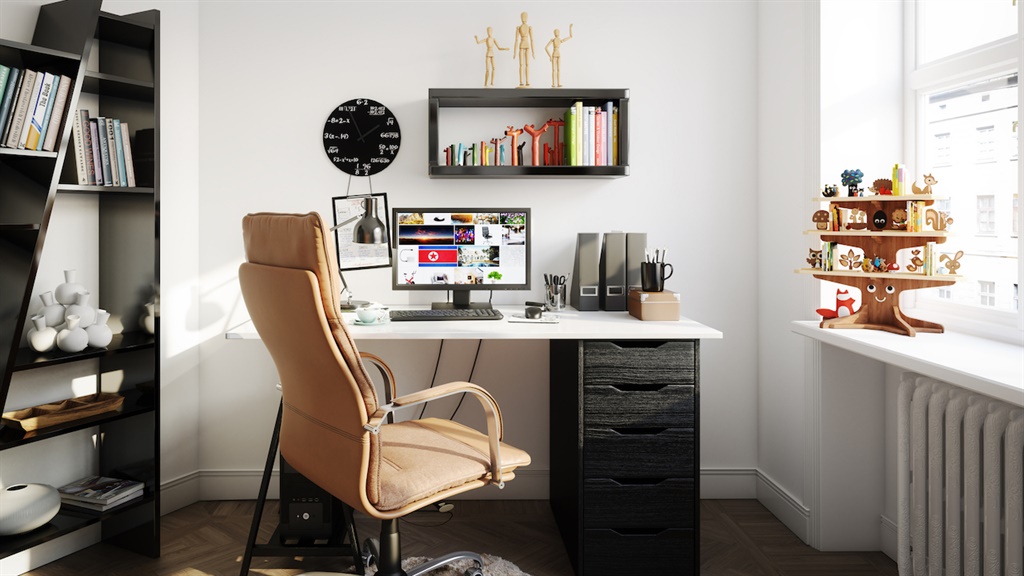News24.com | Many South Africans want to work from home, but say bosses won’t let them – survey


About 40% of respondents to recruiting firm Robert Walters’ 2021 Salary Survey said they would like to move to full-time remote working.
Getty Images
- A survey has found that almost 40% of South Africans would like to continue to work from home after the coronavirus lockdown
- Employers are not as keen on the idea, claiming productivity is being negatively affected.
- The pandemic has sped up the work-from-home trend by five to ten years for some companies.
About 40% of respondents to recruiting firm Robert Walters’ 2021 Salary Survey said they would like to move to full-time remote working.
A further 27% would want to work remotely at least 50% of the time during this year.
The survey reflects the views of about 2 000 professionals in South Africa.
A quarter of companies surveyed, however, stated that their traditional senior leadership team will be a key barrier to making this type of arrangement a reality as many apparently still prefer a “bums-on-seats” approach to professional work.
Almost 70% of professionals surveyed stated that their overall expectations of their employer have changed in the past year due to Covid-19. Of the businesses surveyed, 48% indicated that they will be looking to change their offering in response to the change in employee expectations.
Concerns about productivity
At the top of employers’ list is reduced or reconfigured office space (40%), enhanced mental health and well-being policies (43%), and an increased investment in technology, apps and tools (46%). Despite 66% of professionals reporting an increase in productivity while working from home, 24% of employers flagged that concerns around employee productivity is a key barrier to long-term remote working.
Samantha-Jane Gravett, associate director at Robert Walters Africa, says that, while the pandemic did not necessarily bring about entirely new trends in working style, it certainly fast-tracked the inevitable around flexible working by speeding the transition up by as much a five to ten years for some companies.
“We anticipate that some of the changes incorporated into workplaces as a result of Covid-19 in 2020 will be more enshrined in day-to-day working environments going forward. For some professional industries there will be an element of remote working embedded for good,” she says.
Flexible hours
A third (29%) of professionals surveyed said they have enjoyed the flexible hours afforded with home working, and almost one-third (29%) stated that working from home has allowed for an increased focus on well-being. Over one-third (35%) found that the more regular updates and check-in calls with managers and colleagues during lockdown to be a positive change to their work style.
Leading the list of changes to work that employees would like to keep for this year is the enhanced use of technology, apps and tools – with over half (59%) of respondents stating that this has improved or benefitted their way of working.
Half of professionals (51%) stated that compulsory remote working inadvertently encouraged them to improve on their business communication in a way that office working would not have encouraged. The reliance on virtual presentations, over-the-phone discussions, and video calls was a key driver in this.
Email ditched
The survey indicates that during lockdown, professionals in South Africa ditched emails (39%) in place of instant messenger (74%), video calls (55%) and telephone calls (62%) as their primary form of workplace communication. The lack of physical interaction with the outside world, therefore, seemed to have driven professionals to be less formal and more conversational with colleagues and acquaintances, according to the survey report.
“While there is no right answer – companies will really need to take stock of working practices this year to see what will best serve the needs of both employees and the business in the long term,” said Gravett.